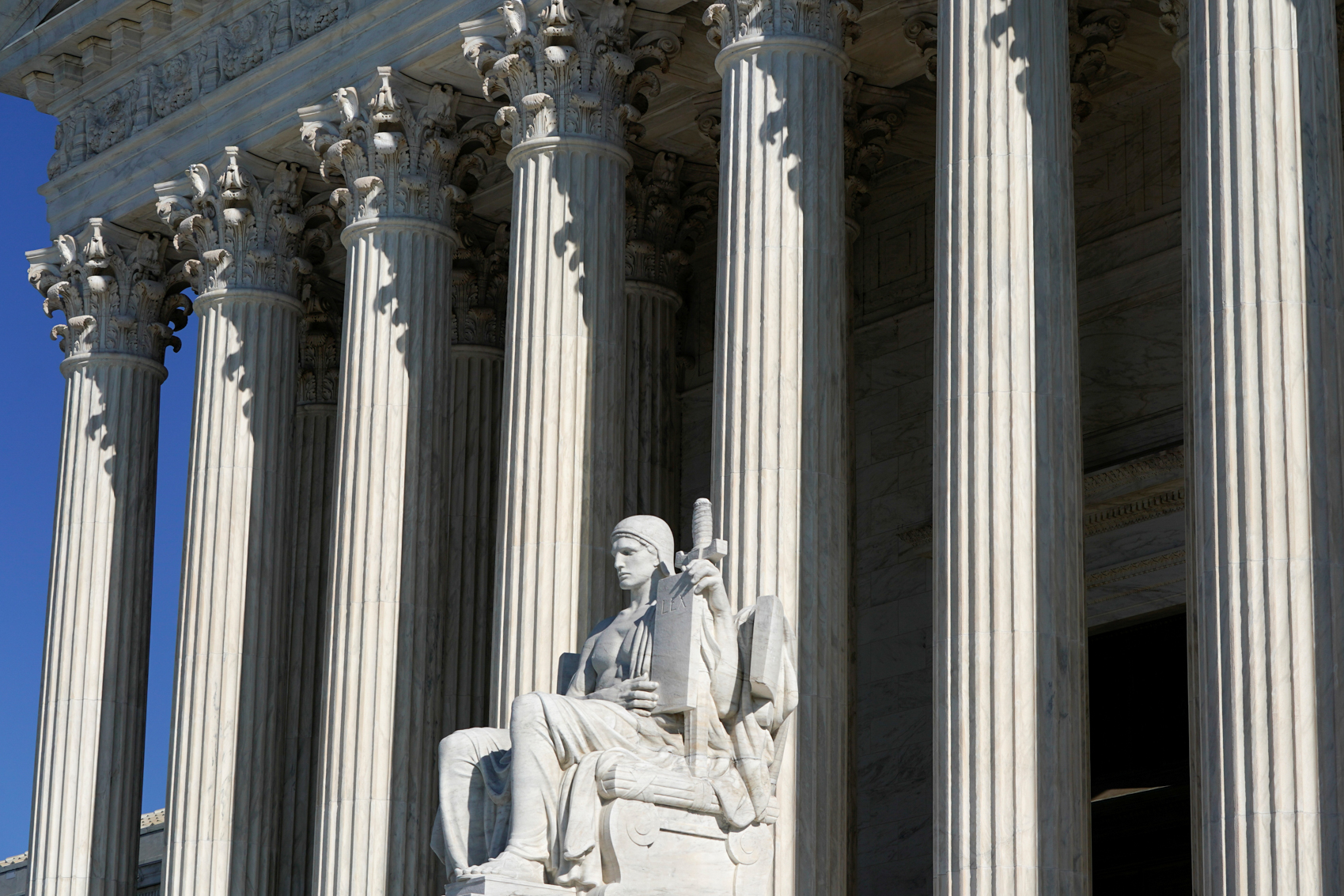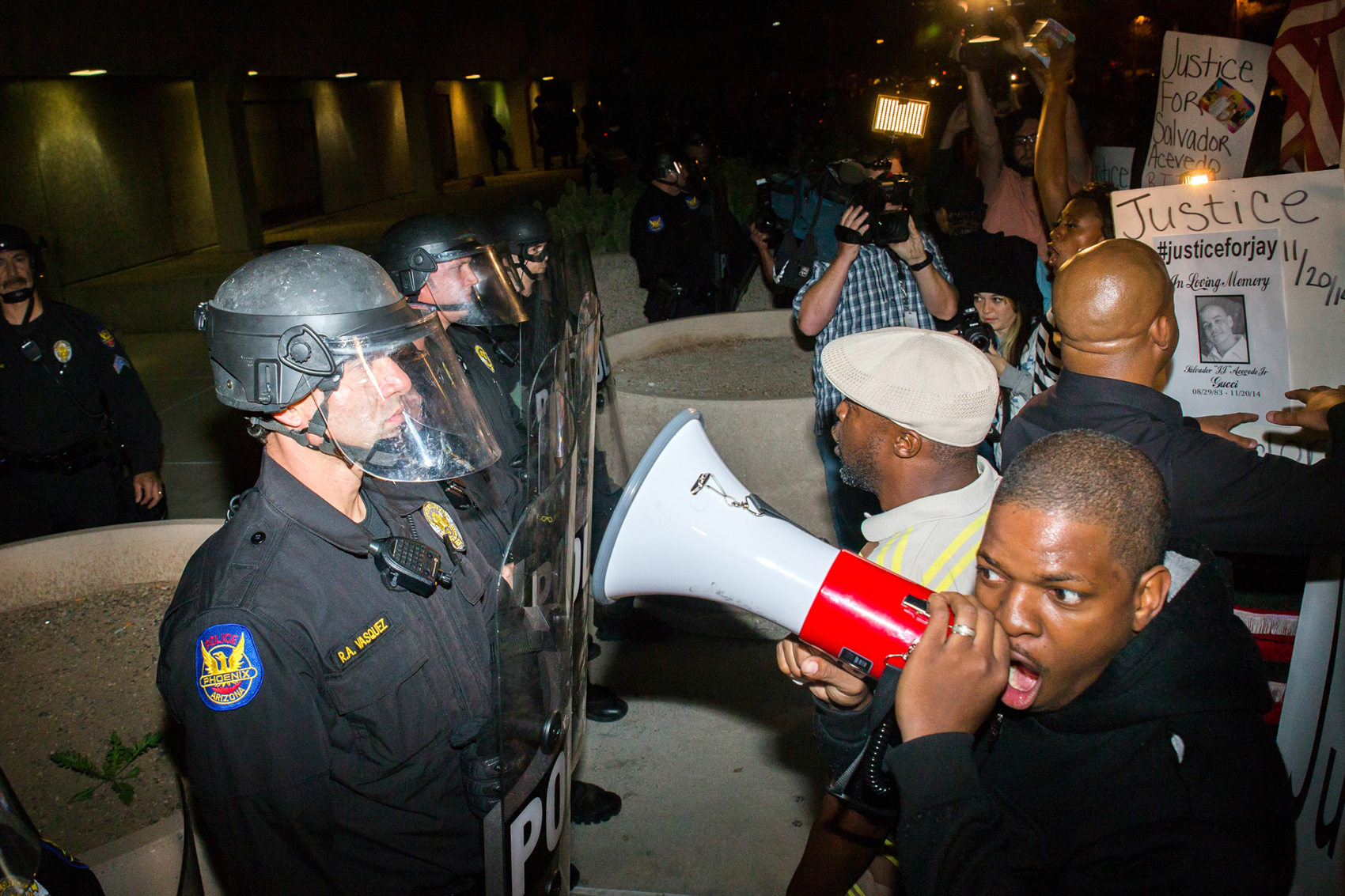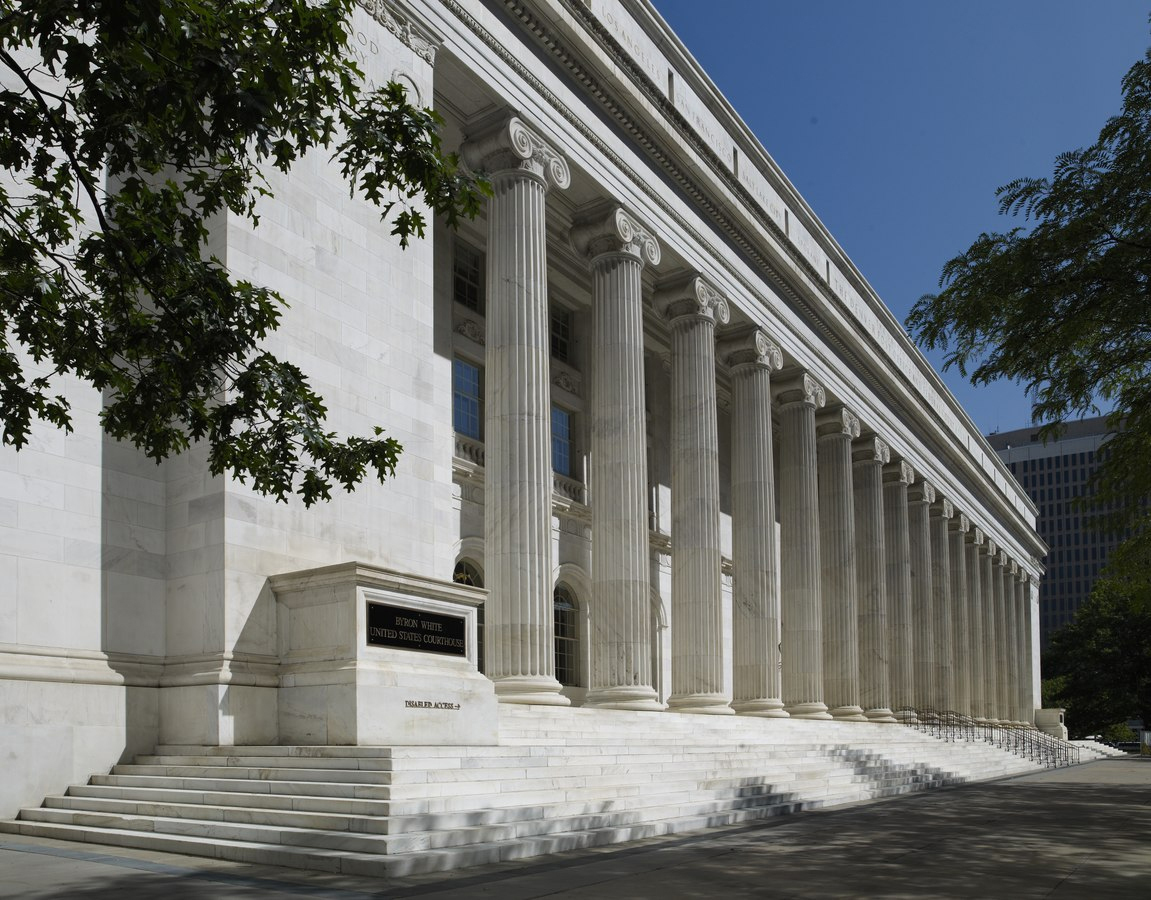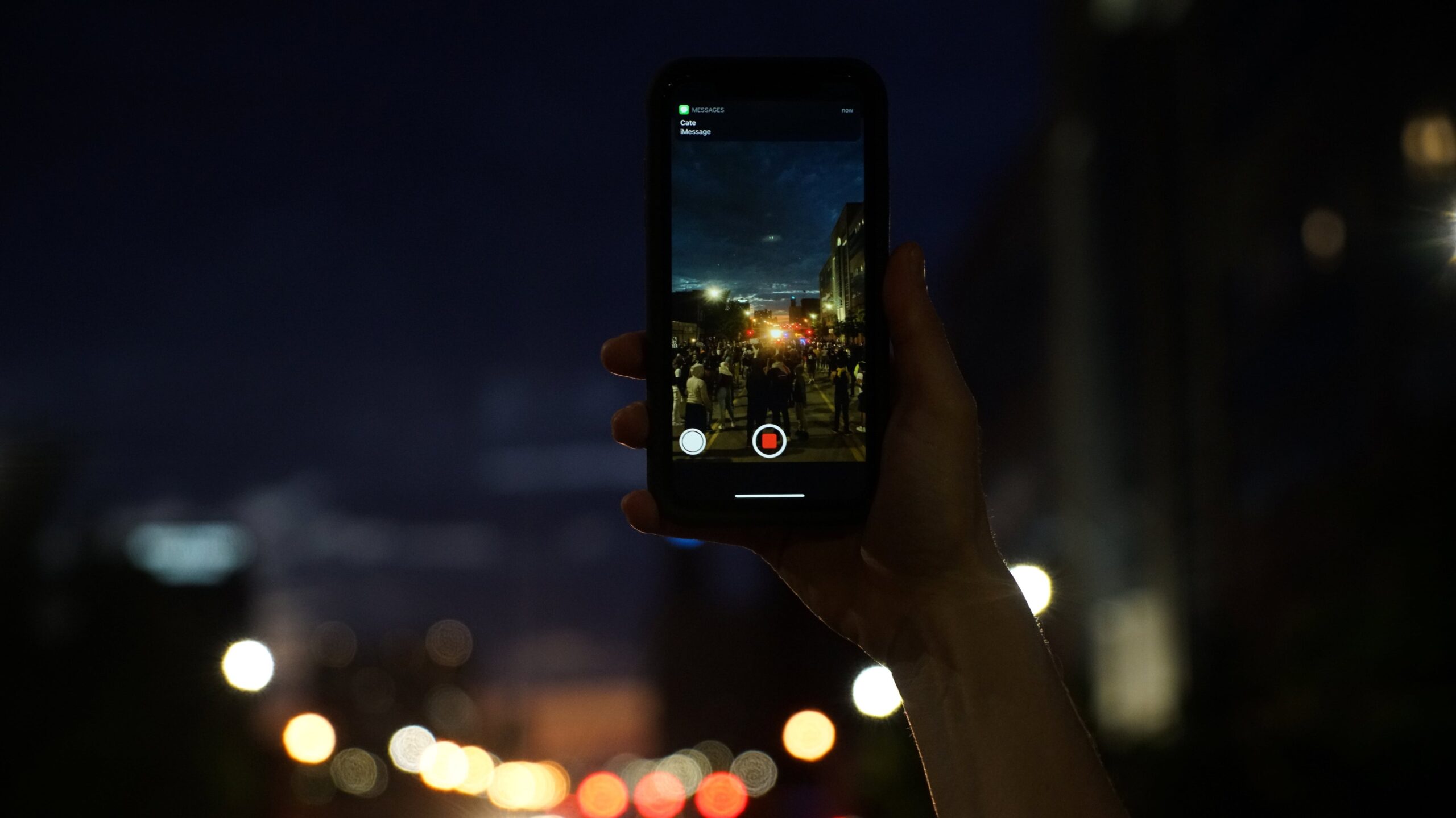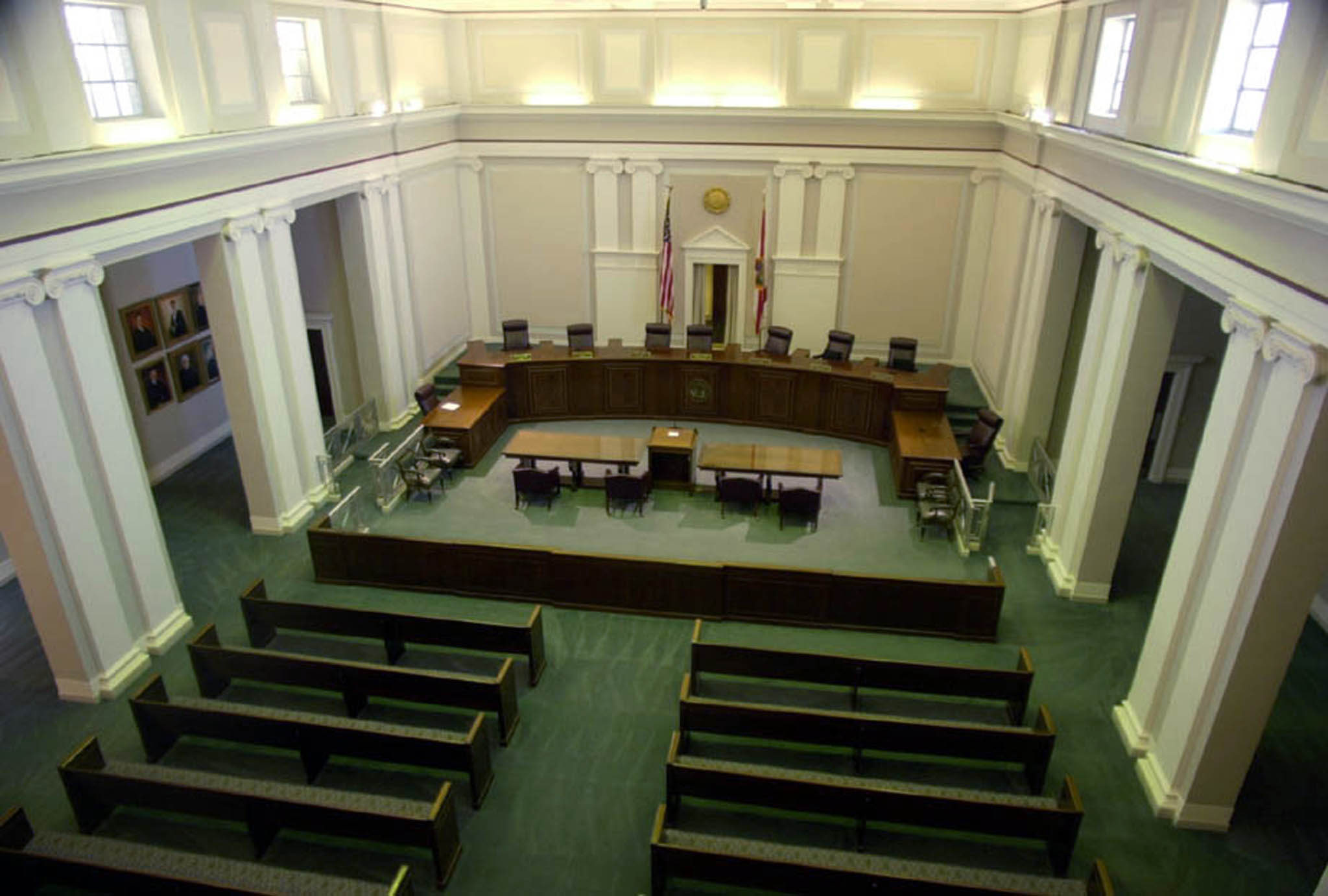Jury: Alex Jones Owes Sandy Hook Couple $45.2 Million with Massive Punitive Damages Award
In a 10-day trial filled with bellicose theatrics, rebukes and grief, the jury in the Alex Jones defamation case decided Friday that Jones owes Sandy Hook parents Neil Heslin and Scarlett Lewis $45.2 million in punitive damages.
Christian Flag in Center of Supreme Court Fight Raised on Boston’s City Hall Plaza
Harold Shurtleff told CBS Boston during Wednesday’s morning ceremony that he and his organization were very excited but “I think what’s more important is the precedent we set."
California School Board Trustees Lose Suit Over Blocking Users on Social Media
The three-judge panel for the United States Court of Appeals for the Ninth Circuit argued that annoyance and concern that the couple's posts were distracting others and interfering with others commenting wasn’t corroborated by the facts.
Next Up: Lawsuit Imminent to Challenge New Arizona Law Restricting the Recording of Police
There's no hesitancy among free press and media legal scholars who are asked whether the law is constitutional. There's consensus: It's not. They base their views on numerous rulings of federal appeals courts on the issue.
10th Circuit Court of Appeals Upholds Public Right to Record Police
The court referenced First Amendment principles and the previous six U.S. appeals courts' decisions as relevant precedents to decide in favor of a self-identified journalist YouTube blogger, Abade Irizarry.
Arizona Governor Signs Bill to Restrict Recording Police in Public
Arizona Gov. Douglas Ducey signed into law a bill that would make it illegal to photograph or record a police officer in public from a distance of eight feet without the officer’s permission.
Appeals Court Sides with Comedian Sacha Baron Cohen Against Roy Moore in $95M Defamation Case
A three-judge panel of the United States Court of Appeals for the Second Circuit affirmed Thursday a lower court ruling that dismissed a long-running defamation suit brought by unsuccessful senatorial candidate and former Alabama Supreme Court Judge Roy Moore against comedian Sacha Baron Cohen.
Florida Supreme Court to Decide If Law Enforcement Officers Are Victims in Marsy’s Law Case
The Florida Supreme Court will decide an issue that has broad consequences for holding law enforcement officers accountable.

